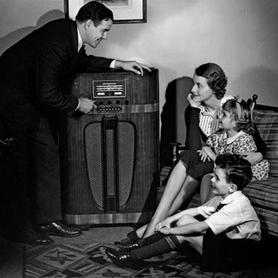 Mount Olivet Cemetery serves as the final resting place to a true legend in American broadcasting. His name is Edward Heston Walker. Some may not be familiar with the name, but man, you should have heard Ed Walker on the radio during an illustrious career spanning six and a half decades! Long before the advent of television, there was radio—the very first broadcast medium. Radio became popular in the early 1920’s and over the next few decades, home devices became readily available to the populous. It was not uncommon to find families of varying socio-economic levels gathered around a home radio in evenings and intently listening to things such as popular variety shows, presidential addresses, and boxing matches. This was reminiscent of earlier generations in the mid-19th century who regularly assembled around the fireplace at night to read aloud classic works by New England-based poets such as Henry Wadsworth Longfellow, William Cullen Bryant, James Russell Lowell, Oliver Wendell Holmes and a man with special ties to Frederick—John Greenleaf Whittier. They were fittingly known as the “Fireside Poets,” and had gained great popularity by presenting domestic themes and messages of morality within conventional poetic forms. In other words, this was a great way to get children of all ages to take history-themed “moral medicine.” Through a rhyming couplets and lyrical cadence, kids and adults alike could "joyfully" learn about historical events, all the while conjuring up amazing scenes in the mind's eye of participants. Among the most popular of these offerings were Longfellow’s “Paul Revere’s Ride,” Holmes’ “Old Ironsides,” and who can forget a little ditty about Frederick, Maryland by John Greenleaf Whittier entitled “Barbara Frietchie.” The latter presented readers and listeners around the country (and world) an opportunity to entertain (in their brain) our aesthetic local surroundings that included “meadows rich with corn,” green-walled hills” and “clustered spires.” These visuals were simply a backdrop for the theatrics at hand which involved our brave nonagenarian reportedly waving her Union flag in the face of Gen. Stonewall Jackson and the Confederate Army. John Greenleaf Whittier, the Quaker abolitionist from Amesbury, Massachusetts, painted quite a dramatic picture of Barbara Fritchie’s defiant stand from the second-story dormer window of her home on W. Patrick Street. Shots were fired at her, actually breaking the staff, but 95-year old Barbara remained unshaken and vigilant. Whittier’s pen, and poem, put Frederick on the map “so to speak,” and countless visitors from across the world yearned to see the location with their own two eyes. One such would be the future Prime Minister of Great Britain—Sir Winston Churchill. Churchill learned the "Barbara Frietchie" poem as a boy, as it was oftentimes a staple taught in Britain's grade schools. In 1943, while en-route to the presidential retreat with President Roosevelt, he would get the chance to feast his eyes on the actual home of Whittier's heroine—Frederick, Maryland.
In late 1989, I began a job with our local cable company (Frederick Cablevision) which had a small television production unit. For me, this would eventually turn into a 17-year career at the helm of local Cable channel 10. Aiding in my departure from future radio pursuits was my fascination with historical documentary television. Ironically, this would come in part due to a documentary on the history of radio by documentarian extraordinaire, Ken Burns. The work in question was his 1992 follow-up to his legendary “The Civil War,” entitled “Empire of the Air: The Men who Made Radio.” The end result is that this history of radio made me love the medium of television even more than I had before. And it was television’s popularity in the 1950’s and onward that supplanted radio, or at least what we know as “the Golden Age of Radio.” In 1980, a British music group called The Buggles had the distinct honor of having their song "Video Killed the Radio Star" be the first-ever music video played on an upstart cable television network called MTV. I guess it’s safe to use the old adage: “What comes around, goes around” I guess, because this is what radio did to the popularity of those“Fireside Poets” earlier in the century. Now radio is still around today, and is remains an important mode of news, information, sports and entertainment for listeners engaged in the act of driving where eyeballs should be on the road, not a video screen. Conversely, over the years, as families began to gather around the television, home usage of radio declined as people yearned for visual stimulation to go along with the audio. However, the growth of automobile travel helped bolster radio's importance, as it still does today. Satellite radio has offered additional opportunities over the last two decades, much in the same vein as what cable television did to mainstream broadcast television and its original handful of channels, based, of course, on the technological ability to pick up signals with an antenna. The Golden Age Old-time radio, sometimes referred to as the Golden Age of Radio, was the medium of choice for scripted programming, variety and dramatic shows. According to a 1947 survey, 82 out of 100 Americans were radio listeners. A variety of new entertainment formats and genres were created for the new medium, many of which later went to television such as mystery serials, soap operas, radio plays, quiz shows, variety hours, play by play sports, children’s shows and variety hours. Long about the 1950’s, commercial radio programming shifted to more narrow formats of news, talk, sports and music. It was around this time that two, local college students from the DC metro area first met while attending American University. Both would become legendary in the field of radio broadcasting, one day becoming enshrined in the National Radio Hall of Fame, located in Chicago. These young men had an uncanny knack for writing and performing sketch comedy on the radio, and like the “Fireside Poets” of yore, each could easily conjure up amazing visuals in the mind’s eye of their listeners. This was particularly fascinating in the case of one of the duo, Ed Walker, a gentleman who had been blind since birth. His partner is a little more well-known because of his years as the original, “loveable” weatherman on NBC’s Today Show—Willard Scott. Ed Walker died in late October, 2015 and was buried here in Mount Olivet nearly a month later. He was born April 23rd, 1932. He was not a Frederick native—but married one however, and that's what brought him to Frederick's "garden cemetery." Ed's beloved wife, Nancy, passed just over eight months after her husband. She was the daughter of Frederick plumber Charles F. Murphy. Mr. Murphy opened his popular business in 1953 after working many years under other Frederick plumbing contractors. He was aided by his wife Kathleen and the business grew to include their sons, a son-in-law, daughter-in-law and a grandson. The business still exists today, located off Rosemont Ave/Yellow Springs Road (near the Old Farm Shopping Center) Originally from Illinois, Walker moved with his family to Washington, DC as a boy. As the first blind student accepted by American University, Ed Walker went on to help found WAMU-AM in 1951. He would later help secure the 4,000 watt transmitter from WGBH in Boston that launched WAMU-FM on October 23, 1961. After graduation from American University, Ed Walker and Willard Scott teamed up for the "Joy Boys Radio Program," a nightly drive-time offering of NBC-owned WRC radio in Washington, DC. The tandem performed in this capacity from 1955-1974, the final two years being on WWDC. Scott routinely sketched a list of characters and a few lead lines setting up a situation, which Walker would commit to memory or make notes on with his Braille typewriter. In a 1999 article recalling the Joy Boys at the height of their popularity in the mid-1960s, The Washington Post said Walker and Scott "dominated Washington, providing entertainment, companionship, and community to a city on the verge of powerful change.” It wasn't just a professional relationship between the two men, as Ed Walker and Willard Scott were said to have been "closer than most brothers." I found a fabulous biography online in the form of Ed’s obituary, magnificently written and published in the Washington Post. Here is a glimpse of the wonderful life of a true radio pioneer, one I would have emulated as a child, and surely respect and appreciate as a learned adult. 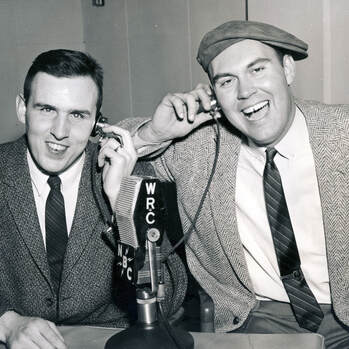 Edward Heston Walker Washington Post Obituary Ed Walker, who amused and entertained a generation of Washington-area listeners as half of “The Joy Boys” radio team with Willard Scott and spent 65 years on the local airwaves as a deejay, news host and genial raconteur, died Oct. 26 at a retirement community in Rockville, just hours after his final broadcast. He was 83. Mr. Walker had been undergoing treatment for cancer, said his daughter, Susan Scola. A lifelong radio connoisseur, Mr. Walker became one of its most skillful practitioners over his long career. For the past quarter century, he hosted a popular weekly radio-nostalgia program, “The Big Broadcast,” on public radio station WAMU-FM (88.5). Each week, he invited listeners to “settle back, relax and enjoy,” as he discussed and introduced replays of such golden-age programs as “Yours Truly, Johnny Dollar,” “Dragnet” and “Gunsmoke.” He recorded his last “Big Broadcast” on Oct. 13 from a hospital bed while being treated at Sibley Memorial Hospital in Washington. Mr. Walker listened to the final broadcast Sunday night on WAMU, surrounded by his family, a few hours before his death, according to the station. Born blind, Mr. Walker grew up with radio as his constant companion from an early age. By age 8, he was operating a low-power radio transmitter in his family’s basement, beaming music to his neighbors’ houses down the block. He would go on to spend almost all of his adult life involved in the medium in some way, all of it on stations in Washington. It was “The Joy Boys” — a gently humorous, somewhat anarchic and broadly popular daily program — for which Mr. Walker is perhaps most fondly remembered. Mr. Walker and Scott became friends while working on American University’s campus radio outlet, WAMU, then an AM station. They got their professional start in 1952 doing short comedy bits on a weekend radio show on WOL called “Going AWOL.” In 1955, they moved to daytime on NBC-owned WRC with a show called “Two at One.” When the show became a local hit, they moved into the evening hours as “The Joy Boys.” Mr. Walker conjured up a series of characters and situations, some of them topical. He did the voices of such characters as Old Granddad and Bal’more Benny (“the poet of the Patapsco”) while Scott played the straight man. They parodied NBC’s leading newscast, “The Huntley-Brinkley Report” with “The Washer-Dryer Report” and a popular soap opera with a continuing bit called “As the Worm Turns.” The duo took “Joy Boys” from the nickname used by student radio technicians at an engineering school in Washington, Scott said. For years, they used a jaunty theme song: “We are the joy boys of radio; we chase electrons to and fro.” The program traded off the improvisational skills of the two men and their on-air chemistry. Scott was typically the writer of their bits, which were roughed out in outline rather than fully scripted. Mr. Walker was the “talent,” according to Scott, who would take the comedy in unexpected directions. “We were like brothers,” said Scott, who would go on to become the weatherman on NBC’s “Today” show, in an interview. “I never had a better friend.” “The Joy Boys” would feature occasional guests; over the years, these included comedian Bill Cosby, “Get Smart” actor Don Adams and novelist and quiz-show panelist Fannie Flagg. As Mr. Walker recounted on his final “Big Broadcast,” the duo scored an interview in 1968 with the radio, TV and film star Jack Benny and performed a brief sketch with him. One of Mr. Walker’s characters was Mr. Answer Man, who served up lame jokes in a monotone. “What was the inspiration for the song ‘Melancholy Baby’?” a listener from Falls Church once asked. “The composer had a girlfriend with a head like a melon and a face like a collie,” Mr. Walker replied. “Hence ‘Melancholy Baby.’ ”As Scott said in an interview in 1999, “The Joy Boys’ bits were corny; for the most part, they were terrible. But there was a certain spirit.” A link to radio’s classic era of family-friendly entertainment, “The Joy Boys” aired on WRC from 1955 to 1972, and on WWDC from 1972 to 1974. It was cancelled by WWDC to make way for the station’s switch to rock music, a change that reflected the growing dominance of baby boomers over Washington’s, and the nation’s, popular culture. Mr. Walker went on to work at radio stations WPGC and WMAL and television stations WJLA and Newschannel 8. Among the programs he hosted on WMAL was “Play It Again,” a retrospective of music from the big band era. He also hosted a weekly magazine show for NPR aimed at the disabled called “Connection.” In 1990, Mr. Walker took over hosting another kind of nostalgia show, “The Big Broadcast.” The program had begun as “Recollections” in 1964 by John Hickman, who had appeared from time to time on “The Joy Boys” as a performer. When Hickman’s health began to fail, he asked Mr. Walker to take over the program. Edward Heston Walker was born in Fairbury, Ill., on April 23, 1932. His family moved from Forrest, Ill., to Washington when he was 4. His father, a former railroad telegrapher, joined the federal Railroad Retirement Board. His earliest memories involved listening to the radio. He recalled ringing a toy cowbell as small child along with the performers and audience he’d hear on a program called “The National Barn Dance.” “Most kids [got] a kick out of comic books, and funny papers and stuff like that” he said in an interview with NPR’s StoryCorps in 2012. “To me, radio is it. The sound effects to me were most important. . . . I absorbed [the medium] very well because I was listening very intently.” Mr. Walker graduated in 1950 from the Maryland School for the Blind in Baltimore and was the first blind student to attend American University. The District’s vocational rehabilitation agency, which funded his college scholarship, wanted him to study sociology in order to become a social worker, one of the few professional career paths open to the blind at the time. Mr. Walker insisted on pursuing a career in broadcasting. He completed his communications degree in 1954. Besides his daughter, of Potomac, survivors include his wife of 58 years, Nancy Murphy Walker of Rockville; and eight grandchildren. Another daughter, Carole Potter, died in 2004. Long after “The Joy Boys,” he continued to work with Scott when his old friend was on “Today.” Among other duties, Mr. Walker handled the crush of people seeking recognition for a friend or relative celebrating their 100th birthday. Mr. Walker helped produce the short tributes that Scott read on the air. Mr. Walker never attempted to conceal his blindness, but he didn’t often speak about it on the air. “When I first got into this business, I never let it be known on the air that I didn’t see,” he told The Washington Post in 1985. “Not that I was ashamed of it. It was in my mind that if I was going to be successful in this business, it was because I was a good performer, not because people felt sorry for me.” From his earliest days on the air, he used a Braille typewriter to produce scripts. While on the air, he kept his left hand on a Braille clock to maintain the precise timing necessary to hit the “marks” for commercials or the end of his show, said Lettie Holman, program director at WAMU, who worked with Mr. Walker for years. He was so skilled that most listeners were surprised when they learned, often many years into his career, that he was blind. He was inducted into the National Radio Hall of Fame in 2009 as a local-radio "pioneer." 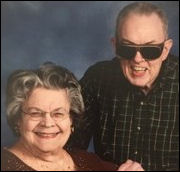 Ed and Nancy Walker Ed and Nancy Walker Final Resting Place Ed Walker was preceded in death by a daughter, Carole Walker Potter (1962-2004), also buried in Mount Olivet. He left behind his wife of 58 years (Nancy) and another daughter, Susan, and a slew of grandchildren. Nancy M. (Murphy) Walker died on June 21st, 2016. She was a beloved schoolteacher in Montgomery County Public Schools for 40 years, teaching at Bradley Elementary, Westbrook Elementary and finally Somerset Elementary before retiring in 2004. Nancy had attended Towson University before moving to Bethesda, Maryland. She was active as a deacon and volunteer at her church, Fourth Presbyterian in Bethesda, and was also a volunteer at Sibley Hospital. Ed and Nancy are buried in the Murphy family plot located in Mount Olivet's Area GG (Lot 207) beneath a fine, flat monument. This memorial announces their professional accomplishments--ones that certainly brought joy to the countless thousands of listeners and students they inspired, and entertained, along the way.
(Note: I've included a few video link buttons below featuring Ed Walker tributes and radio skits.)
3 Comments
4/24/2018 07:11:05 pm
Beautiful tribute all the more special as,I am an A.U. alum too! Love your stories!
Reply
Stacy A Allgood-Smith
4/24/2018 09:15:11 pm
My mom got to be on radio with these two characters back in the American University days. She had a show called "Sing with King" where she would sing popular songs of the day. Inevitability, she would forget the words, and her faithful - and blind - engineer, Ed Walker, would coach her on the words. She always enjoyed listening to WMAL with Ed on it, and frequently talked about the "Joy Boys."
Reply
shane shanholtz
4/24/2018 09:45:33 pm
Great stuff as always .Thanks Chris
Reply
Leave a Reply. |
STORIES
|
Archives
July 2024
June 2024
May 2024
April 2024
March 2024
February 2024
January 2024
December 2023
November 2023
September 2023
August 2023
July 2023
June 2023
May 2023
April 2023
March 2023
February 2023
January 2023
December 2022
November 2022
October 2022
September 2022
August 2022
July 2022
June 2022
May 2022
April 2022
March 2022
February 2022
January 2022
December 2021
November 2021
October 2021
September 2021
August 2021
July 2021
June 2021
May 2021
April 2021
March 2021
February 2021
January 2021
December 2020
November 2020
October 2020
September 2020
August 2020
July 2020
June 2020
May 2020
April 2020
March 2020
February 2020
January 2020
December 2019
November 2019
October 2019
September 2019
August 2019
July 2019
June 2019
May 2019
April 2019
March 2019
February 2019
January 2019
December 2018
November 2018
October 2018
September 2018
August 2018
July 2018
June 2018
May 2018
April 2018
March 2018
February 2018
January 2018
December 2017
November 2017
October 2017
September 2017
August 2017
July 2017
June 2017
May 2017
April 2017
March 2017
February 2017
January 2017
December 2016
November 2016
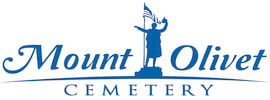
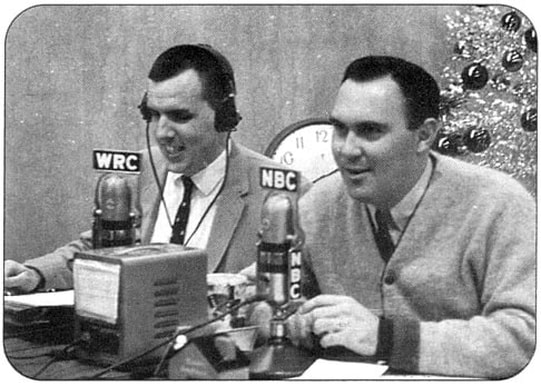
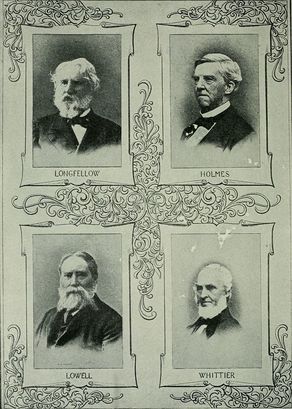
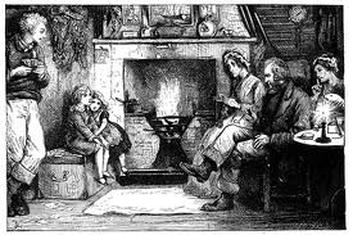
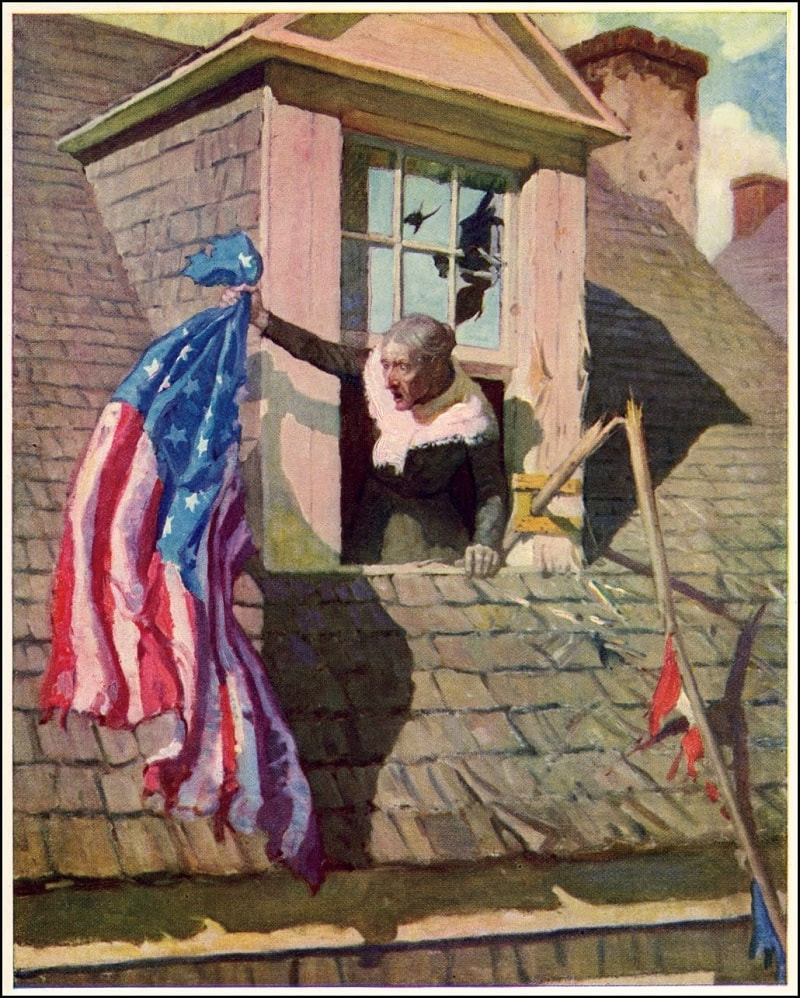
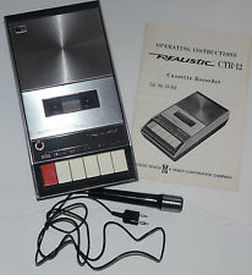
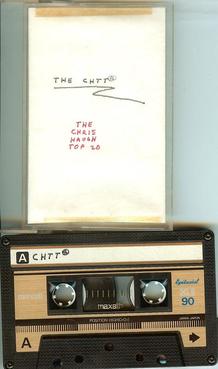
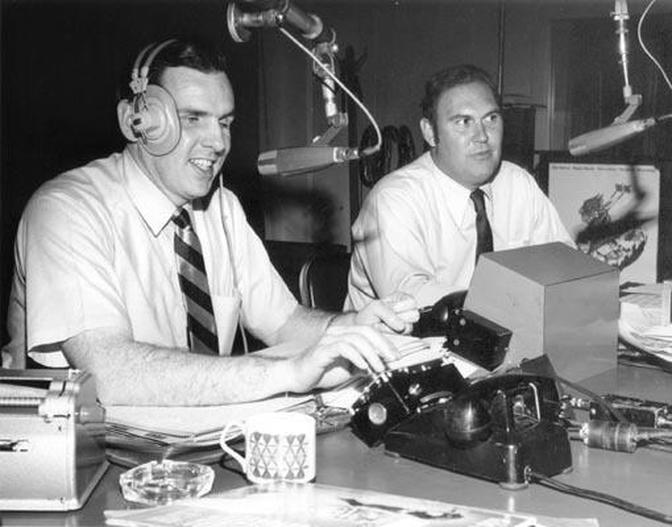

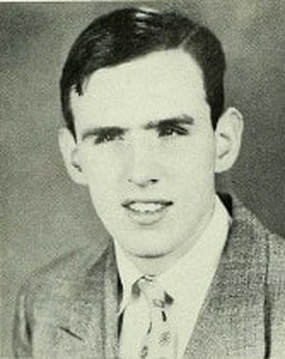

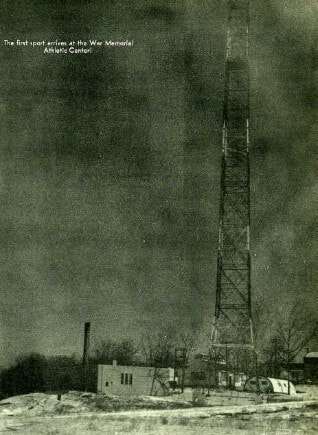
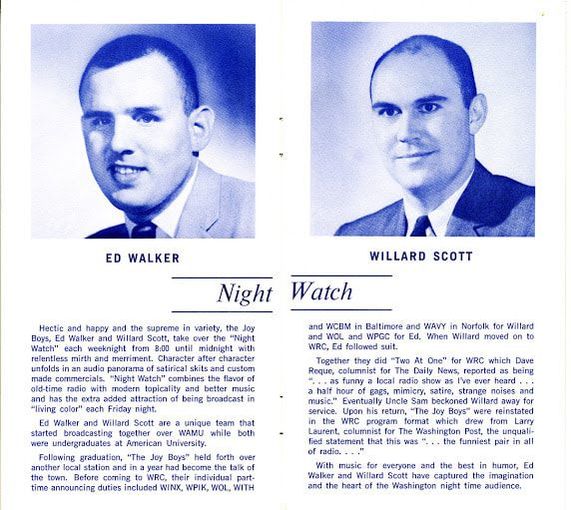
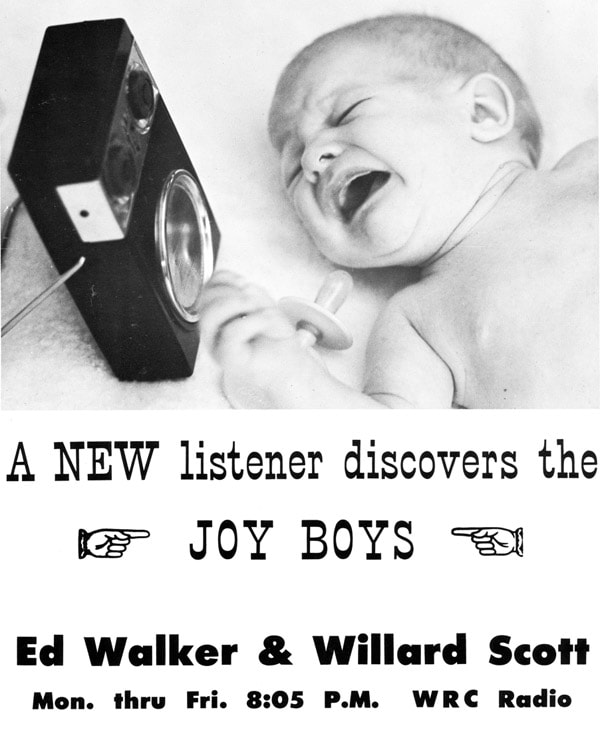
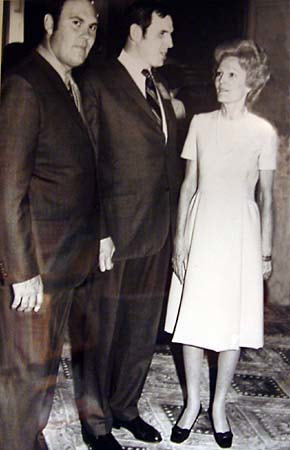
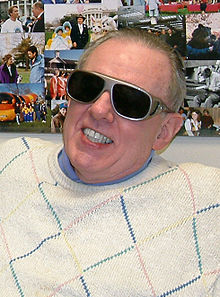
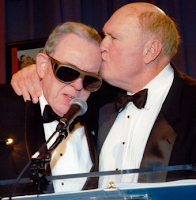
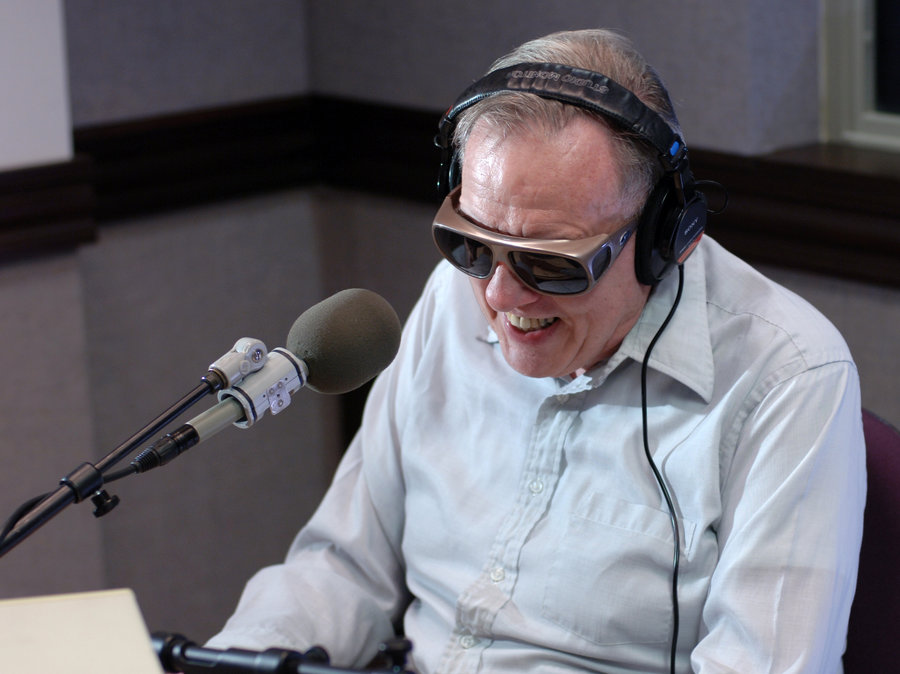
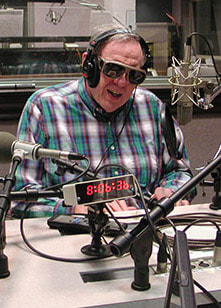
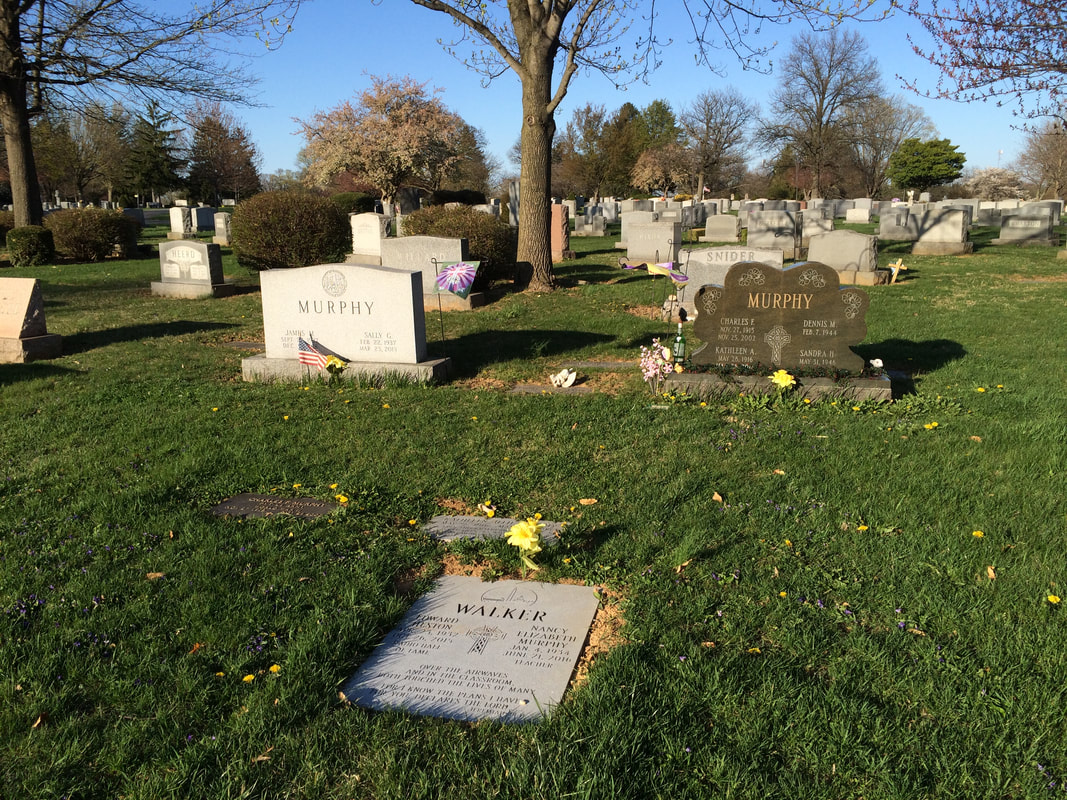
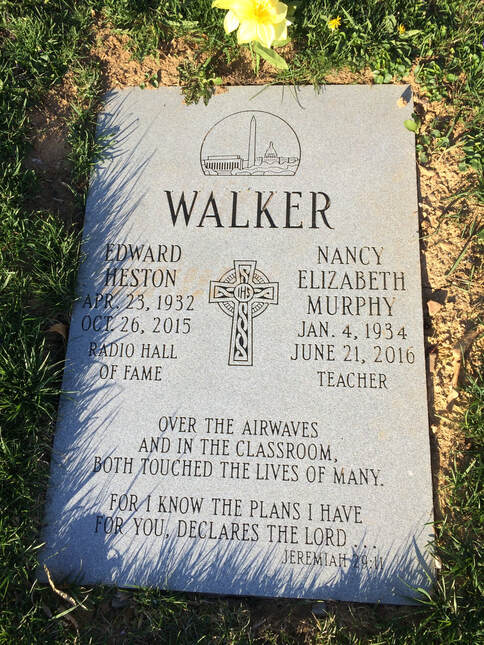
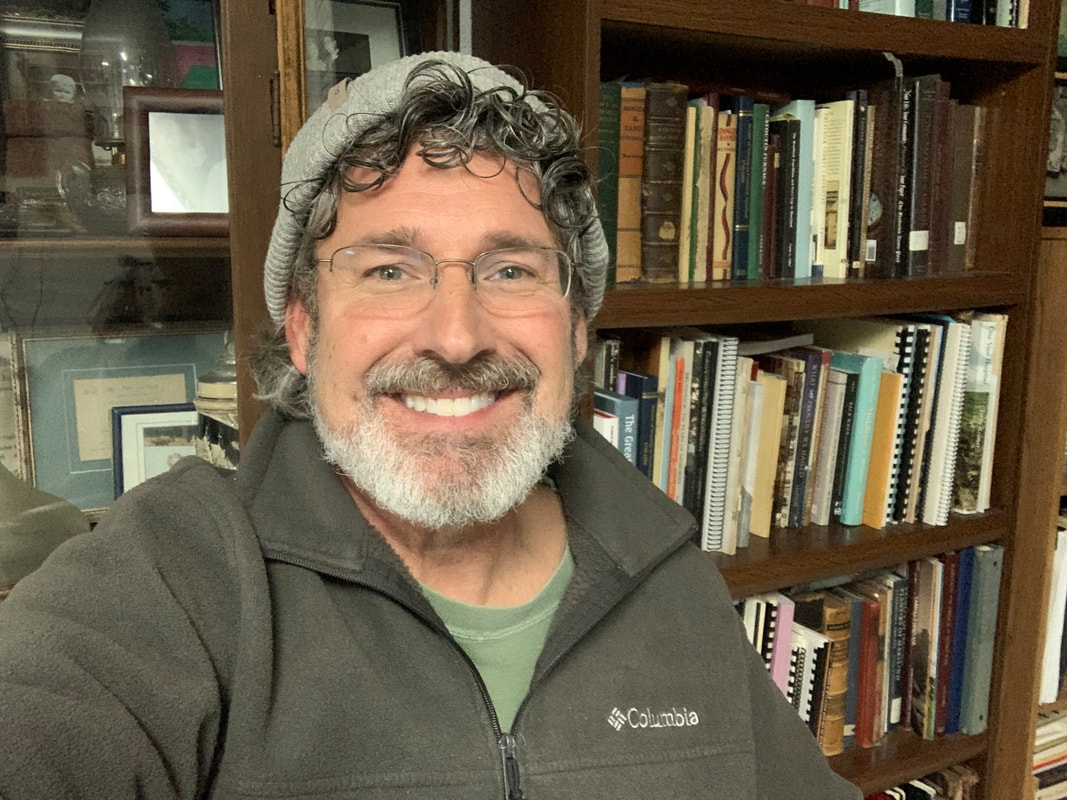
 RSS Feed
RSS Feed